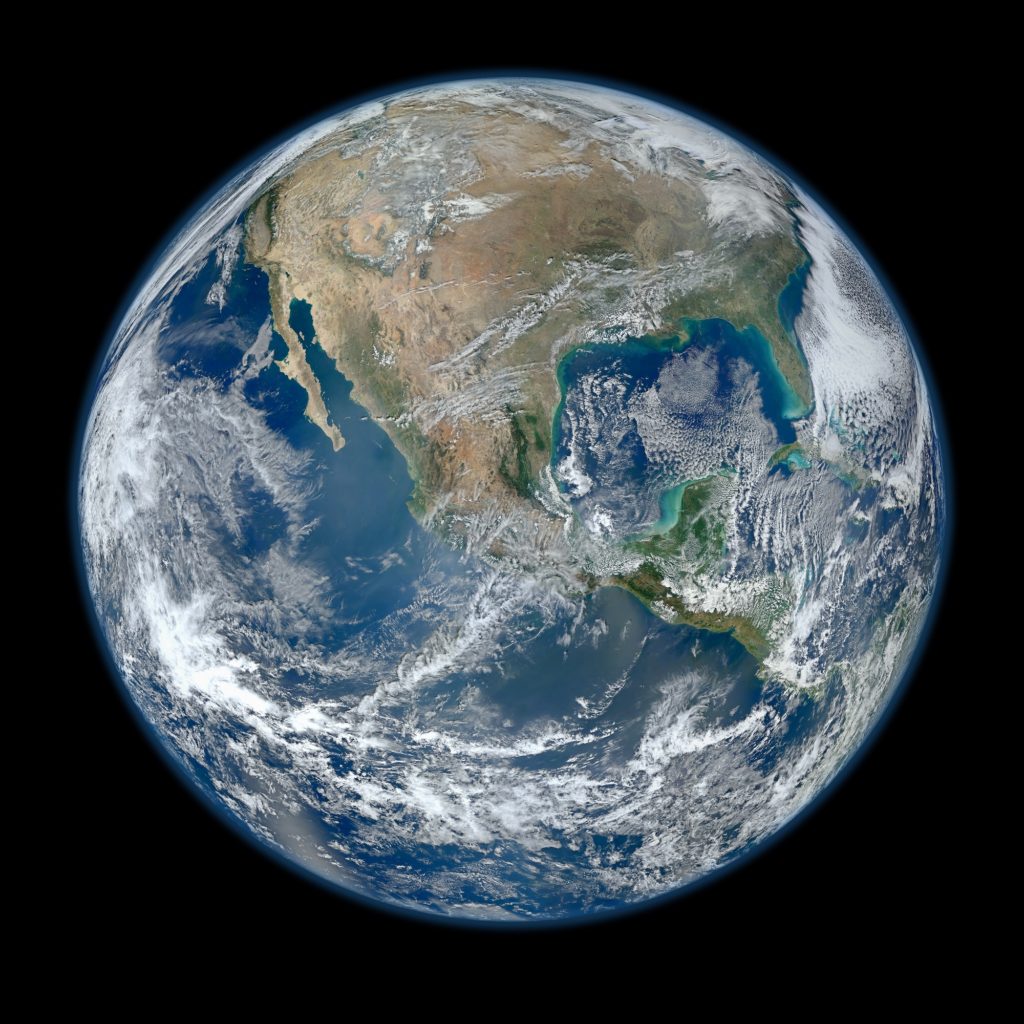This is the second installment of my posts about space exploration. You can check out the first one “Let’s Stop the Billionaires from Controlling Space Exploration” here.
A question that inevitably comes up when discussing space exploration is why bother at all? People will say that space exploration is expensive, that we should focus on fixing all the bad things here on Earth, and what do we humans really get out of it anyway?

Let’s start with that first one of how expensive it is. In my last post, I mentioned that NASA’s 2021 budget at $23.3 billion. To a single individual (unless you’re the likes of Jeff Bezos or Elon Musk), that kind of money is an obscene amount, but let’s put in perspective. NASA’s budget is a mere 0.5% of U.S. government spending. Contrast that with the 2021 defense budget of $703.7 billion or the 1964 NASA budget adjusted for inflation of $57.3 billion.
Next, let’s talk about how we should focus on our problems here on Earth rather than exploring space. This one almost doesn’t even require a response because it’s not a this-or-that kind of situation; sending humans to the moon doesn’t keep us from feeding hungry people. But I’ll humor the doubters and give an even more thorough response than that, which also addresses what we here on Earth get out of space exploration.
The work that NASA does can actually help solve our Earthly problems. NASA has a program dedicated to climate change with an entire fleet of instruments and spacecraft orbiting Earth to study climate science. Their scientific data is readily available to anyone on the globe, specifically those in charge of making and changing climate policies around the world.
The agency’s research encompasses solar activity, sea level rise, the temperature of the atmosphere and the oceans, the state of the ozone layer, air pollution, and changes in sea ice and land ice. NASA scientists regularly appear in the mainstream press as climate experts.
NASA’s “Taking a Global Perspective on Earth’s Climate”
Space exploration also pushes the development of cutting edge technology and innovation that leads to applications here on Earth. Ever taken a selfie (the rovers on Mars have…see “Watch (and Hear) How NASA’s Perseverance Rover Took Its First Selfie”)? You can thank space exploration for that. Here’s a video about some more of the technologies that have come out of it, including weather forecasting tools, fire resistant fabrics, and medical applications.
Beyond the tangible benefits of space exploration, allow me to wax poetic for a moment about the intangible. Recent studies have shown that experiencing a sense of awe reduces stress, loneliness, and depression and can even alleviate pain (see “Awe: The Instantaneous Way to Feel Good and Relieve Stress”).
What is more awe-inducing than looking up at the stars and imagining what is up there, thinking about the universe and our place in it? Well, actually knowing what is up there! Because as vast as our imaginations are, the more we explore space, the more we realize that some of it is stranger than we can imagine, like a space cloud that smells like rum or a planet composed of solid diamond.
Space exploration gives us mere mortals a chance to see how far we can go as a species, both in actually going into space and by pushing the boundaries of what our minds can understand. It also puts us in our place. One of my favorite ways to get a sense of awe is watch videos about the scope of the universe.
It reminds me that we are a tiny part of a vast world, barely even a blip in the 14-billion-year history of the universe. Yet (barring any secret alien files the government has) Earth is the only planet we know of that has life on it. And it has a vast array of life, an estimated 8.7 million species, all on this one speck of a planet.
We are insignificant in the scope of the universe, but we are also diverse and important in the complex web of it, probably in ways that we can’t imagine. Understanding our greater place is all part of exploring it. So, yeah, space exploration is important and worth doing.
I’ll leave you with one last quote from NASA before I circle back to those billionaires who want to take control of space exploration on my next post.
Human space exploration helps to address fundamental questions about our place in the Universe and the history of our solar system. Through addressing the challenges related to human space exploration we expand technology, create new industries, and help to foster a peaceful connection with other nations. Curiosity and exploration are vital to the human spirit and accepting the challenge of going deeper into space will invite the citizens of the world today and the generations of tomorrow to join NASA on this exciting journey.
NASA’s “Why we explore”




















Great post! As you can imagine, I’m very pro-Space. 🙂
Thanks! You being on team space exploration doesn’t surprise me at all. 🙂